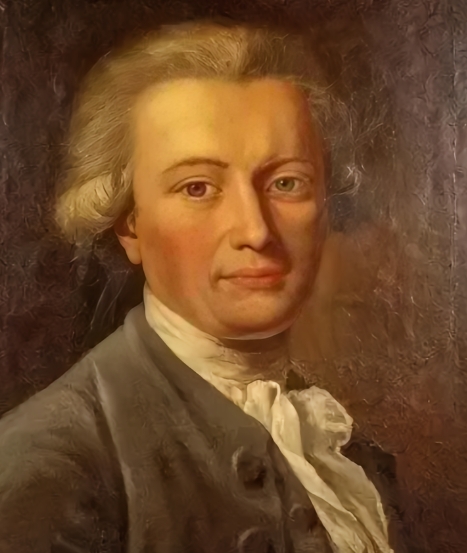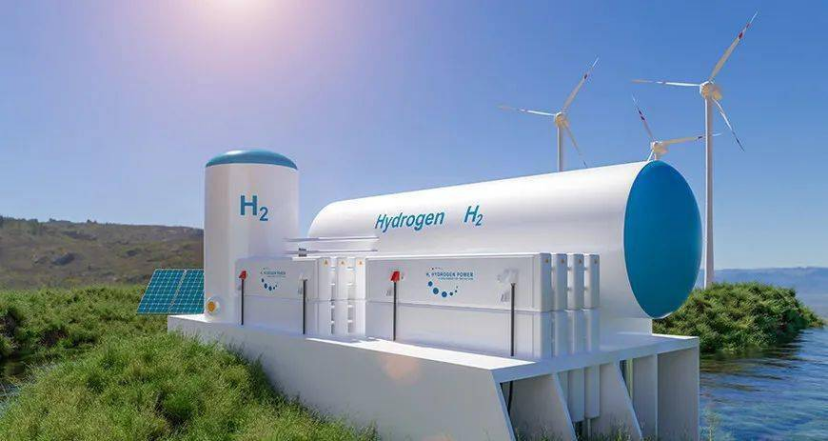

Hydrogen plays a crucial role in science and industry. Hydrogen powers fuel cells, produces fertilizers, and refines petroleum. The quest to understand elements has driven scientific progress for centuries. The journey to discover hydrogen spans ancient philosophies to modern chemistry. This blog explores who discovered hydrogen and the historical context of this discovery.
Henry Cavendish first recognized hydrogen gas as a discrete substance in 1766.
The discovery of hydrogen marked a significant milestone in chemistry. Understanding hydrogen's history reveals the evolution of scientific thought and experimentation.
Early theories about elements laid the groundwork for modern chemistry. Ancient civilizations pondered the nature of substances long before the discovery of hydrogen.
Ancient Greek philosophers proposed the theory of four elements: Earth, Water, Air, and Fire. Aristotle added a fifth element, Ether, to explain celestial bodies. This theory dominated scientific thought for centuries. Romans adopted and expanded these ideas, influencing alchemical practices.
Alchemists in ancient civilizations referred to hydrogen as "inflammable air." They aimed to transform base metals into gold and sought the elixir of life. Alchemy contributed to early experimental techniques and the understanding of gases. These efforts paved the way for future discoveries in chemistry.
The Age of Enlightenment brought significant shifts in scientific thought. Scholars began to question ancient theories and sought empirical evidence. This period emphasized observation and experimentation, leading to groundbreaking discoveries.
Scientists in the Enlightenment era explored the properties of gases. Robert Boyle, an Irish polymath, conducted experiments with gases in the 17th century. Boyle's work laid the foundation for understanding gas behavior. His studies hinted at the existence of hydrogen, although he did not identify it as a distinct element.
"The Age of Enlightenment marked a turning point in the quest to understand the natural world."
These early theories and experiments set the stage for the eventual discovery of hydrogen. The shift from philosophical speculation to empirical science revolutionized the study of elements.

The discovery of hydrogen marked a pivotal moment in the history of chemistry. Scientists like Robert Boyle, Henry Cavendish, and Antoine Lavoisier made significant contributions to understanding this essential element. Their work laid the foundation for modern chemistry and industry.
Henry Cavendish first recognized hydrogen gas as a discrete substance in 1766.
Robert Boyle, an Irish polymath, conducted experiments with gases in the 17th century. Boyle formulated Boyle's Law, which describes the inverse relationship between the pressure and volume of a gas. This law became fundamental in understanding gas behavior.
In 1671, Boyle observed the production of hydrogen gas by reacting iron filings with dilute acids. Boyle noted the gas's inflammable nature but did not identify it as a distinct element. His observations hinted at the existence of hydrogen, setting the stage for future discoveries.
Henry Cavendish conducted groundbreaking experiments isolating "inflammable air" in 1766. Cavendish used various metals and acids to produce hydrogen gas. He meticulously measured the gas's properties, including its density and flammability.
Cavendish identified hydrogen as a unique substance. He described it as "inflammable air" due to its ability to burn. Cavendish's detailed experiments provided the first clear evidence of hydrogen as a discrete element. His work answered the question of who discovered hydrogen.
Antoine Lavoisier, a French chemist, built on Cavendish's findings. In 1783, Lavoisier named the element hydrogen, deriving the name from the Greek words for "water" and "creator." Lavoisier's work established hydrogen as a fundamental element in chemistry.
Lavoisier also played a crucial role in developing the combustion theory. He demonstrated that hydrogen combines with oxygen to form water. This discovery revolutionized the understanding of chemical reactions and laid the groundwork for modern chemistry.
"The identification and naming of hydrogen marked a turning point in the quest to understand the natural world."
These scientists' contributions answered the question of who discovered hydrogen and transformed the study of elements. Their work continues to impact science and industry today.

The discovery of hydrogen paved the way for significant advancements in science and industry. The 19th and 20th centuries saw remarkable developments in hydrogen production and its applications. Modern technology continues to harness hydrogen's potential in innovative ways.
Henry Cavendish first recognized hydrogen gas as a discrete substance in 1766.
The industrial revolution spurred the need for large-scale hydrogen production. Factories began producing hydrogen through methods like steam methane reforming. This process involves reacting methane with steam to produce hydrogen and carbon monoxide. Electrolysis of water also became a common method, using electricity to split water into hydrogen and oxygen. These techniques allowed industries to produce hydrogen efficiently and meet growing demands.
Dmitri Mendeleev's periodic table, introduced in 1869, included hydrogen as the first element. Hydrogen's placement highlighted its unique properties and fundamental role in chemistry. Scientists recognized hydrogen's simplicity and abundance, which made it a cornerstone of chemical research. The periodic table provided a systematic way to study elements, including hydrogen, and their interactions.
Hydrogen's potential as a clean fuel source has gained attention in recent years. Fuel cells use hydrogen to generate electricity, emitting only water vapor as a byproduct. This technology powers various applications, from vehicles to portable devices. Hydrogen fuel cells offer an eco-friendly alternative to fossil fuels, reducing greenhouse gas emissions and dependence on non-renewable resources.
Space agencies have utilized hydrogen for decades. Liquid hydrogen serves as rocket fuel, providing the necessary thrust to propel spacecraft into orbit. NASA's space shuttles relied on hydrogen fuel cells to generate electricity and water. Hydrogen's high energy content and efficiency make it ideal for space missions. Future space exploration plans continue to incorporate hydrogen technologies.
Hydrogen is the lightest and most abundant element in the universe. It exists primarily as a diatomic molecule (H2) under standard conditions. Hydrogen has a high energy content per unit mass, making it an efficient fuel. Its low density and small size allow hydrogen to diffuse quickly, which is useful in various applications. Hydrogen's reactivity and ability to form compounds with most elements make it essential in chemical processes.
Hydrogen has captured the imagination of writers and filmmakers. Science fiction often features hydrogen-powered spaceships and futuristic technologies. The Hindenburg disaster in 1937, involving a hydrogen-filled airship, remains a notable historical event. Hydrogen's role in popular culture reflects its significance and potential impact on future innovations.
"The advancements in hydrogen technology showcase the element's versatility and importance in modern science."
Scientists and engineers continue to explore new ways to utilize hydrogen. The journey from who discovered hydrogen to its modern applications demonstrates the element's enduring relevance.
The journey of hydrogen's discovery spans centuries, from ancient philosophies to modern chemistry. Pioneers like Robert Boyle, Henry Cavendish, and Antoine Lavoisier unveiled hydrogen's unique properties. Their work laid the foundation for today's scientific advancements.
Hydrogen's impact on modern science and technology is profound. Hydrogen powers fuel cells, propels rockets, and offers a clean energy alternative. The versatility of hydrogen continues to shape industries and drive innovation.
Understanding who discovered hydrogen enriches appreciation for scientific progress. The historical context highlights the relentless pursuit of knowledge that defines humanity's quest to understand the natural world.




